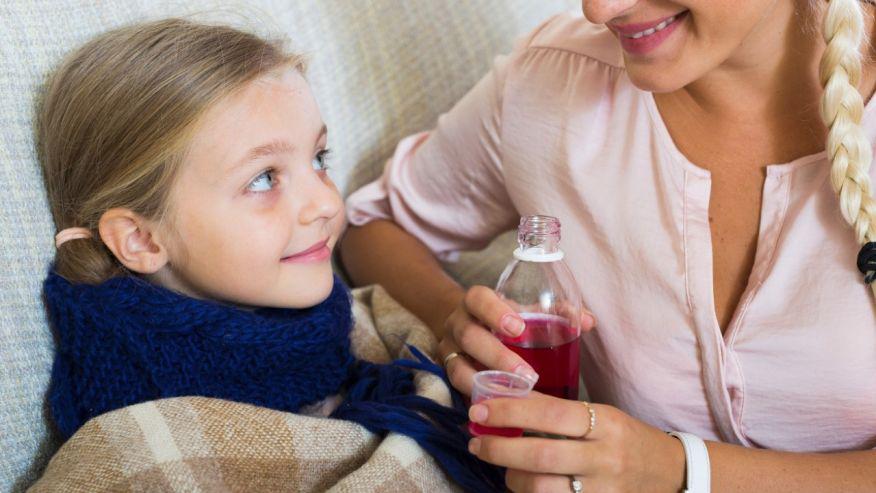
More than four in five parents give children the wrong dose of liquid medicines, a dangerous error that might be avoided by administering drugs with syringes instead of cups, a U.S. study suggests.
In a series of experiments designed to test whether 2,100 parents could follow common dosing instructions, 84 percent of participants made at least one measuring mistake and 21 percent of them made at least one substantial error, researchers report in the journal Pediatrics, September 12.
When parents used the dosing cups often sold with children’s drugs, they were four times more likely to make a mistake than when they measured with a syringe.
Often, these mistakes lead to overdoses, although there’s also a risk that kids will receive too little medication to properly treat their illness, said lead study author Dr. Shonna Yin of New York University School of Medicine.
Lots of problems combine to make these errors more common with cups, Yin added.
“When a parent uses a cup, they have to be careful about how they hold the cup,” Yin said by email. “If a cup is not held at eye level, it is easy to put too little or too much medicine into the cup.”
Through a series of experiments, Yin and colleagues asked parents to measure nine doses of medications with different dispensing instructions using cups and two types of syringes.
The syringes were much less likely to result in errors than the cups. Both types of syringes yielded similar results.
Overall, about two-thirds of the medication mistakes involved giving kids too much medicine, the study found.
One limitation of the study is that it might not reflect how parents actually dispense medicines at home, the authors note. The experiment also didn’t assess errors that occur when parents use an ordinary spoon from the silverware drawer instead of a properly measured dosing cup to dispense a teaspoon or tablespoon of medicine.
“Syringes avoid the use of household spoons, known to be inaccurate,” Dr. Ian Paul, a pediatrics researcher at Pennsylvania State College of Medicine in Hershey who wasn’t involved in the study, said by email.
The American Academy of Pediatrics and the U.S. Food and Drug Administration recommend that parents use dosing tools with standard markings, such as oral syringes, droppers and dosing cups, rather than kitchen spoons, which vary widely in size and shape.
While switching to milliliter measurements for children’s medicines might also help eliminate errors, syringes can make doses doled out in teaspoons or tablespoons more accurate, said Dr. Brian Smith, a pediatrics researcher at Duke University in Durham, North Carolina.
“This is America and we hate the metric system,” Smith, who wasn’t involved in the study, said by email. Still, he added, “this study would suggest that this was less of a problem and that syringes are really helpful to parents.”
Source: Reuters
 FR
FR EN
EN AR
AR








